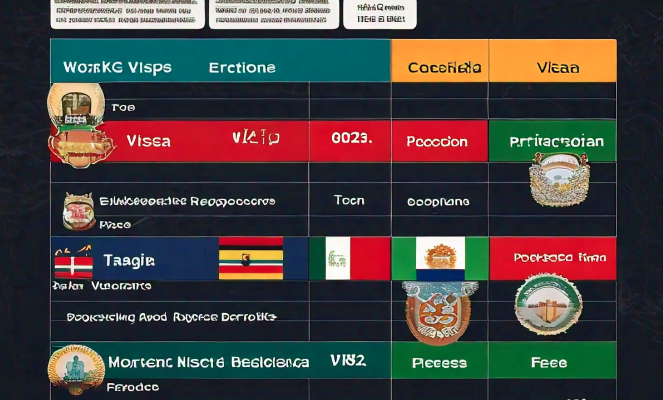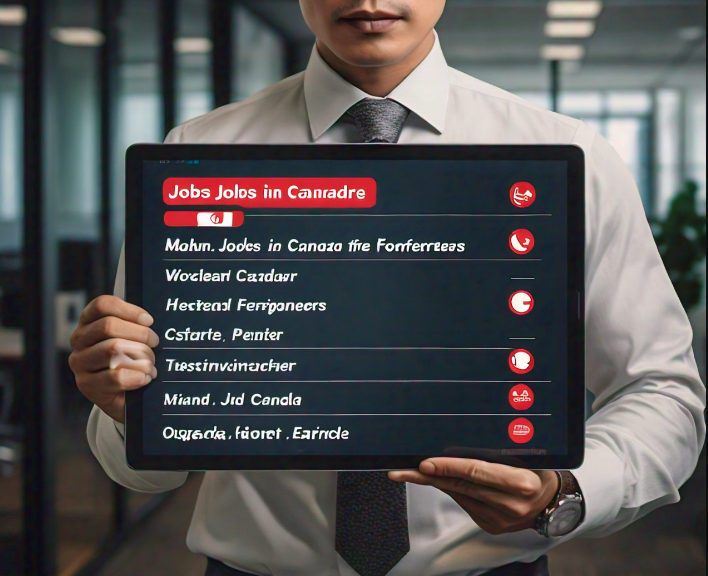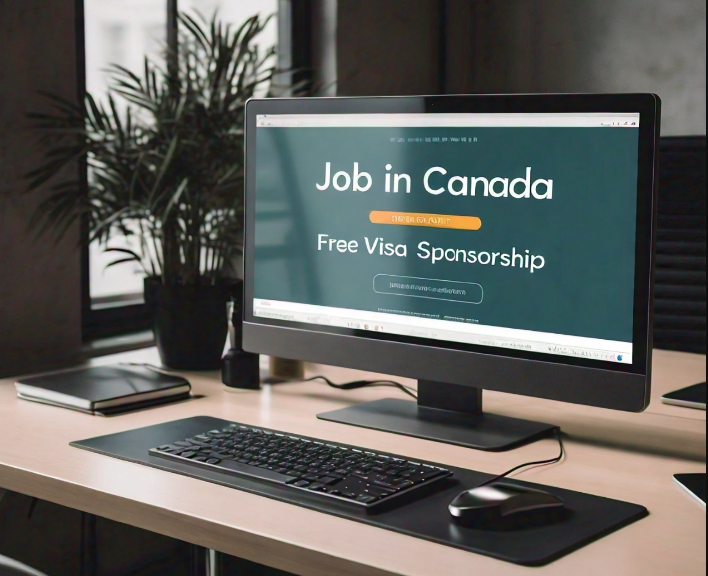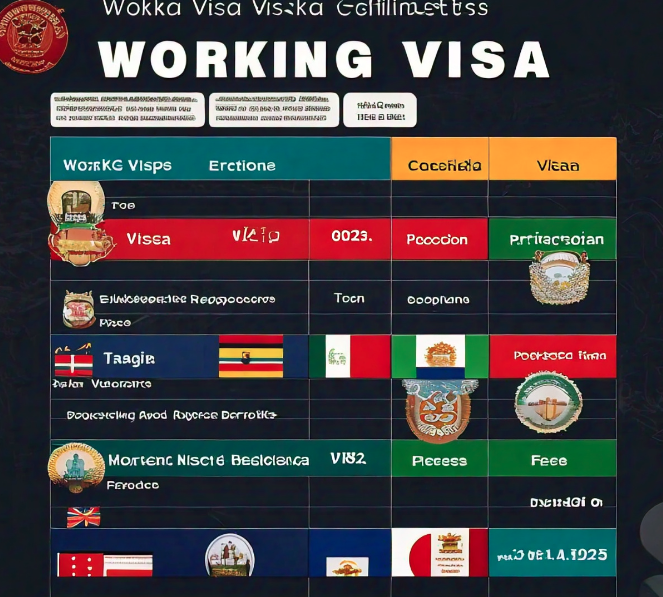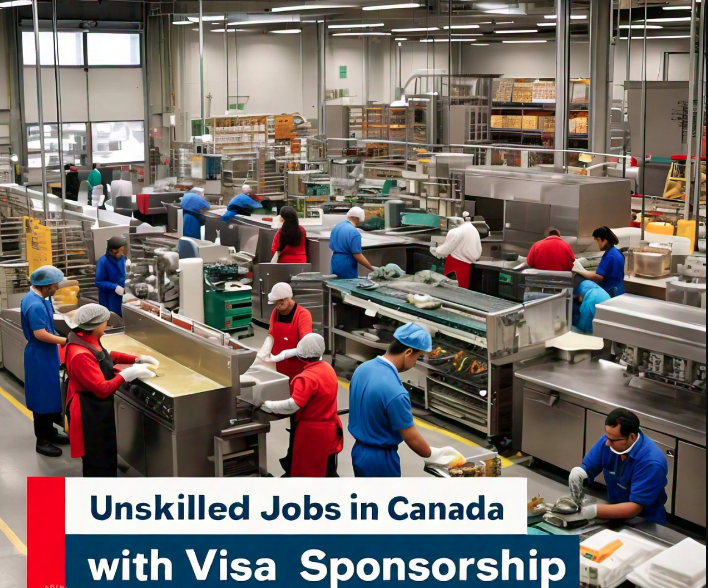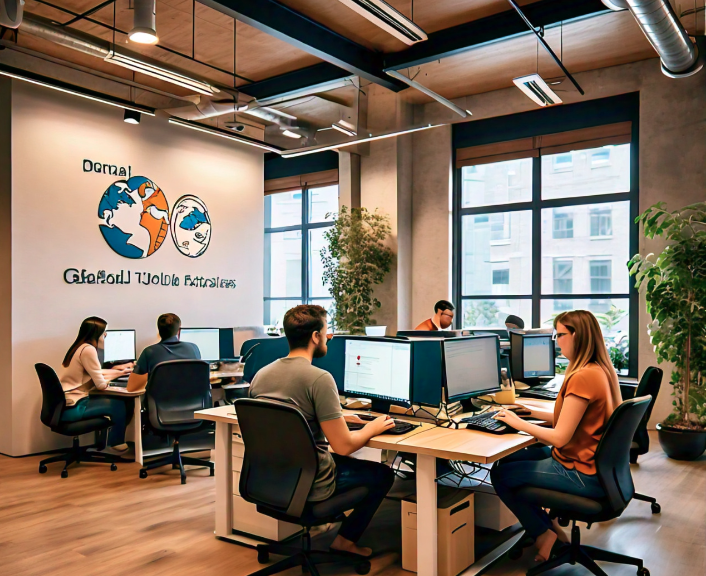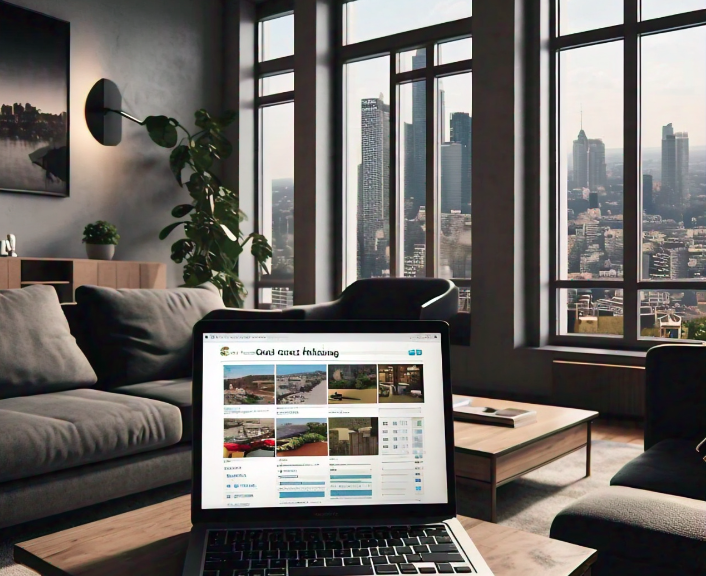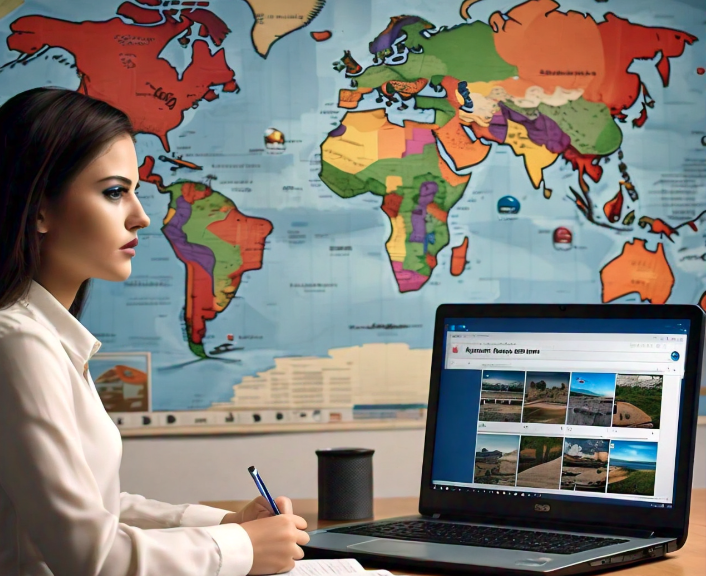Working Visa Requirements by Country
Introduction
Are you dreaming of packing your bags and working abroad? Whether it’s for a few months or a permanent move, understanding working visa requirements is crucial. Getting it right can mean the difference between a seamless transition and a bureaucratic nightmare. So, let’s dive into the world of working visas and what you need to know to make your international career aspirations a reality!
General Overview of Working Visas
Definition and Purpose
A working visa is your golden ticket to employment in a foreign country. Essentially, it allows you to legally work while residing in a country that isn’t your own. Each country has its specific laws and processes, which can be as varied as the cultures you’ll encounter.
Types of Working Visas
From temporary work permits to long-term residency visas, there are several types of working visas. The type you need often depends on the duration of your stay, the nature of your work, and sometimes even your nationality.
Factors Influencing Working Visa Requirements
Country-Specific Laws
Each nation has unique regulations governing who can work within its borders. For instance, some countries prioritize specific skills or industries, while others may have quotas based on nationality.
Job Market Conditions
If a country has a high demand for certain professions, they may relax visa requirements to attract talent. Conversely, in saturated job markets, the barriers may be higher.
Bilateral Agreements
Countries often have agreements that make it easier for their citizens to work abroad. This can significantly influence the ease of obtaining a visa.
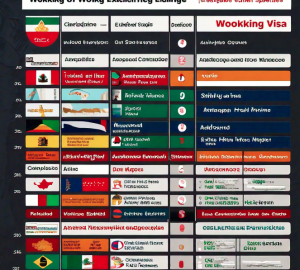
Working Visa Requirements by Region
North America
United States
- Types of work visas: The U.S. offers several options, such as H-1B for skilled workers and L-1 for intra-company transferees.
- Application process: Generally involves filing a petition with the USCIS and obtaining an approved Labor Condition Application (LCA).
- Common requirements: A job offer, relevant qualifications, and sometimes, sponsorship from the employer.
Canada
- Types of work permits: Includes employer-specific work permits and open work permits.
- Application process: Often initiated through the Immigration, Refugees, and Citizenship Canada (IRCC) website.
- Common requirements: A job offer, proof of funds, and a police background check.
Mexico
- Types of work visas: Temporary resident visas for work or immigrant visas for long-term employment.
- Application process: Usually requires an application through a Mexican consulate.
- Common requirements: An employment letter, a valid passport, and proof of qualifications.
Europe
United Kingdom
- Types of work visas: Includes Skilled Worker Visa and Global Talent Visa.
- Application process: Online application, biometrics submission, and a fee payment.
- Common requirements: A job offer, sponsorship by a licensed employer, and English proficiency.
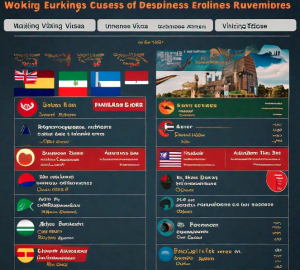
Germany
- Types of work visas: EU Blue Card for highly skilled workers.
- Application process: Apply at a German embassy or consulate.
- Common requirements: A job offer, recognized qualifications, and sufficient salary.
France
- Types of work visas: Talent Passport and Employee Visa.
- Application process: Varies based on visa type but generally requires an application through a French consulate.
- Common requirements: Employment contract, proof of qualifications, and sometimes, health insurance.
Asia
Australia
- Types of work visas: Includes Temporary Skill Shortage Visa (482) and Employer Nomination Scheme (186).
- Application process: Online application through the Department of Home Affairs.
- Common requirements: Skills assessment, job offer, and sometimes, English language tests.
Japan
- Types of work visas: Includes Engineer/Specialist in Humanities/International Services.
- Application process: Submit an application at a Japanese embassy or consulate.
- Common requirements: Employment contract, proof of qualifications, and a valid passport.
China
- Types of work visas: Z visa for employment and M visa for business activities.
- Application process: Requires an invitation letter and other documents submitted to a Chinese consulate.
- Common requirements: Health certificate, employment contract, and proof of qualifications.
Africa
South Africa
- Types of work visas: Includes General Work Visa and Critical Skills Work Visa.
- Application process: Submit an application to the Department of Home Affairs.
- Common requirements: Job offer, proof of qualifications, and sometimes, medical exams.
Kenya
- Types of work visas: Class D visa for employment.
- Application process: Usually requires approval from the Directorate of Immigration Services.
- Common requirements: Job offer, qualifications, and sometimes, health checks.
South America
Brazil
- Types of work visas: Temporary and permanent work visas depending on the employment duration.
- Application process: Typically initiated at a Brazilian consulate.
- Common requirements: Job offer, criminal record check, and proof of qualifications.
Argentina
- Types of work visas: Temporary work permits and residency visas.
- Application process: Must be applied for in person at an Argentine consulate.
- Common requirements: Employment contract, proof of qualifications, and sometimes, health insurance.
Tips for Successfully Applying for a Working Visa
- Research Thoroughly: Each country has unique requirements, so make sure you know exactly what’s needed.
- Gather Necessary Documentation: Missing documents can lead to delays or rejections, so keep everything organized.
- Seek Professional Help if Needed: Sometimes it’s best to consult with immigration experts or legal advisors.
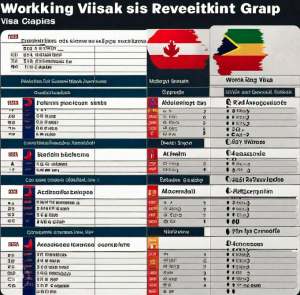
Conclusion
Navigating the world of working visas can feel like solving a complex puzzle, but understanding the requirements by country can help you put the pieces together. Whether you’re eyeing opportunities in the U.S., Canada, or elsewhere, being informed will empower you to make the right moves.
FAQs
- What is a working visa?
A working visa allows foreign nationals to work legally in another country. - How long does it take to process a working visa?
Processing times vary by country and visa type, ranging from weeks to months. - Can I work in another country without a working visa?
Generally, no. Working without a visa can lead to serious legal consequences. - What happens if my visa application is denied?
You may receive a reason for denial, and in some cases, you can appeal the decision or reapply. - Are working visa requirements the same for all countries?
No, each country has its own set of requirements based on its laws and immigration policies.
List of unskilled jobs in Canada with visa sponsorship | ||
How to get unskilled job in Canada from any country | ||
Types of jobs in UK for foreigners | ||
Requirements to apply for work permit in Canada | ||
List of jobs in Canada for foreigners | ||
Job in Canada with free visa sponsorship | ||
How to secure a job with an apartment in Canada | ||
Canada job portal for foreigners | ||
Best part-time job in USA | ||
How to get a job in Canada | ||
Remote Jobs with Global Companies | ||
Networking Tips for Jobs Abroad | ||
Job Security for Expats | ||
Career Growth in Foreign Markets | ||
Cultural Adaptation and Work Environment Abroad | ||
Best International Job Portals | ||
Cost of Living Comparisons for Expats | ||
Job Search Strategies for International Opportunities | ||
Top Countries for Expat Jobs | ||
Working Visa Requirements by Country |
